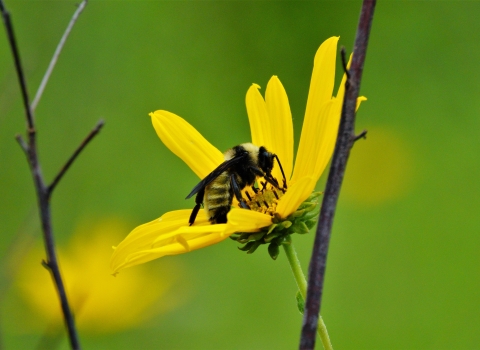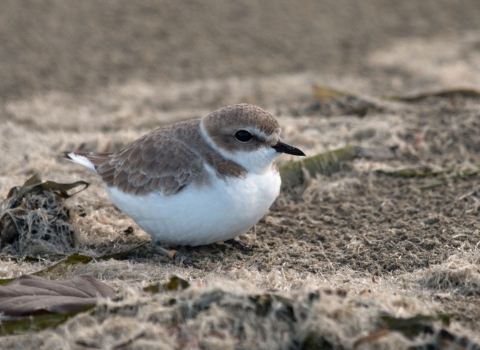ALBUQUERQUE, N.M. – The U.S. Fish and Wildlife Service is seeking public input on a proposal to list the dunes sagebrush sagebrush
The western United States’ sagebrush country encompasses over 175 million acres of public and private lands. The sagebrush landscape provides many benefits to our rural economies and communities, and it serves as crucial habitat for a diversity of wildlife, including the iconic greater sage-grouse and over 350 other species.
Learn more about sagebrush lizard as endangered under the Endangered Species Act. This determination also serves as the 12-month finding on a petition to list the lizard and satisfies a court ordered deadline to deliver the finding to the Federal Register by June 29, 2023. After a rigorous review of the best available scientific and commercial information, the Service finds that listing the species is warranted. The designation of critical habitat was found to be prudent but not determinable at this time.
“The Endangered Species Act provides a critical safety net for imperiled species like the dunes sagebrush lizard,” said Shawn Sartorius, Supervisor for the Service’s New Mexico Ecological Services Field Office. “Habitat loss and fragmentation as well as climate change climate change
Climate change includes both global warming driven by human-induced emissions of greenhouse gases and the resulting large-scale shifts in weather patterns. Though there have been previous periods of climatic change, since the mid-20th century humans have had an unprecedented impact on Earth's climate system and caused change on a global scale.
Learn more about climate change are pushing this rare species closer to extinction.”
The dunes sagebrush lizard is a rare species found only in the shinnery oak sand dune ecosystems in West Texas and southeastern New Mexico. Primary threats to the lizard include loss of habitat associated with oil and gas development, sand mining, and changing climate.
Conservation efforts for imperiled species can be greatly expanded through collaborative approaches that foster cooperation and the exchange of ideas among stakeholders. Candidate Conservation Agreements, Candidate Conservation Agreements with Assurances, and Enhancement of Survival Permits are voluntary tools that provide non-federal landowners and developers the opportunity to implement conservation practices that address specific threats with assurances that if the species is listed, they can continue to manage their land as outlined in their agreements with no additional requirements or restrictions. In New Mexico and Texas, around 100 ranchers and 100 oil and gas partners have enrolled in voluntary Candidate Conservation Agreements and Candidate Conservation Agreements with Assurances. In New Mexico, these voluntary enrollments cover nearly 85% of the dune sagebrush lizard’s range within the state.
This announcement comes as the ESA turns 50 years old in 2023. Throughout the year, the Department of the Interior is celebrating the ESA’s importance in preventing imperiled species extinction, promoting the recovery of wildlife, and conserving the habitats upon which they depend.
The Service encourages any interested parties to provide input and substantive comments during the 60-day public comment period that closes September 1, 2023. The notice will be available on Monday, July 3, 2023 in the Federal Register at https://www.federalregister.gov/documents/current and in the Federal Register Reading Room on Friday, June 30, 2023 at https://www.federalregister.gov/public-inspection/current
-FWS-
The U.S. Fish and Wildlife Service works with others to conserve, protect and enhance fish, wildlife, plants and their habitats for the continuing benefit of the American people. For more information, visit www.fws.gov and connect with us on social media: Facebook, Instagram, Twitter, LinkedIn, Flickr and YouTube.


